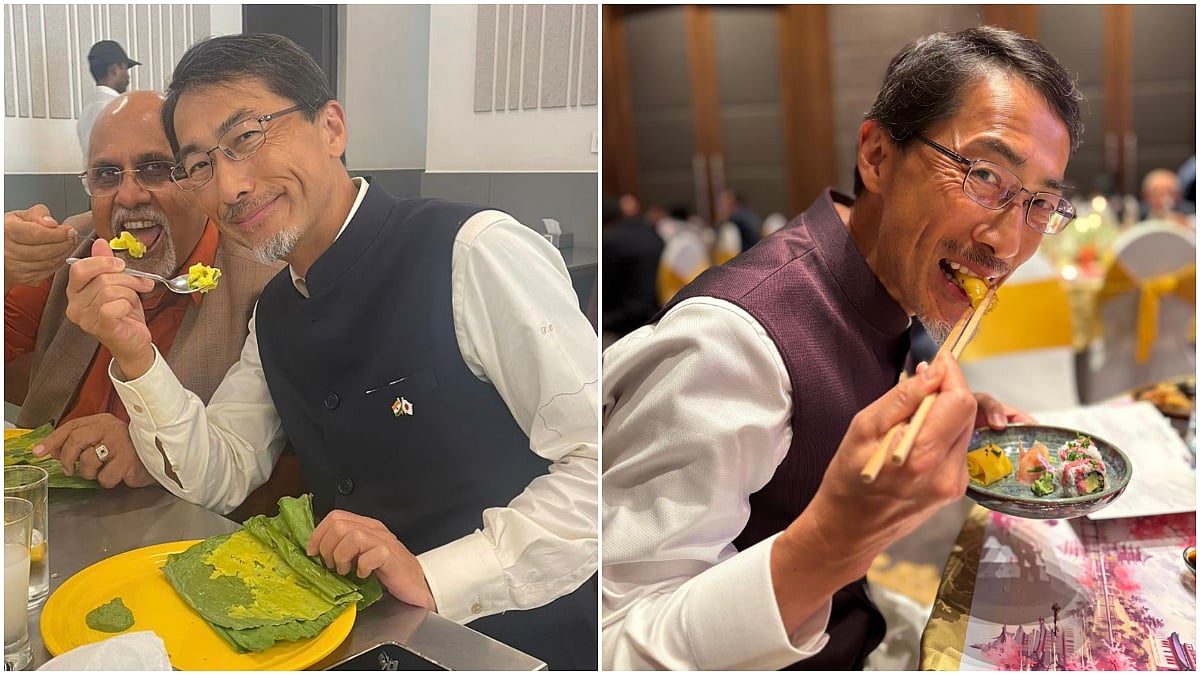Maine Centre for Disease Control and Prevention said that a Sagadahoc County resident has died from a rare virus known as Powassan virus and now, health officials are alerting people about the deadly viral disease, a non-treatable illness spread by ticks.
The Powassan virus is typically transmitted to humans through bites by infected deer ticks, groundhog ticks, or squirrel ticks, most commonly in the Great Lakes region of North America between late spring and mid-autumn.
According to The Independent, up to 25 people in the US are infected every year, with the most recent death marking the third fatal case in Maine since 2015, Fox News reported.
Although Powassan cases are rare, more cases have been documented recently. Infections with the Powassan virus in humans have been reported in the US, Canada, and Russia.
Symptoms
According to the Centres for Disease Control and Prevention, most Powassan virus-infected people show no symptoms. For a few people, the time from a tick bite to feeling sick ranges from 1 week to 1 month. Initial symptoms can include fever, headache, vomiting, and weakness.
Powassan virus can cause severe disease, including infection of the brain (encephalitis) or the membranes around the brain and spinal cord (meningitis).
Symptoms of severe disease include confusion, loss of coordination, difficulty speaking, and seizures.
Approximately 1 out of 10 people with severe disease die. Approximately half of the people who survive severe disease have long-term health problems such as recurring headaches, loss of muscle mass and strength, and memory problems.
Treatment
There are no medications to prevent or treat Powassan virus infection. Antibiotics do not treat viruses.
Rest, fluids, and over-the-counter pain medications may relieve some symptoms.
People with severe disease often need to be hospitalized to receive support for breathing, staying hydrated, or reducing swelling in the brain.










